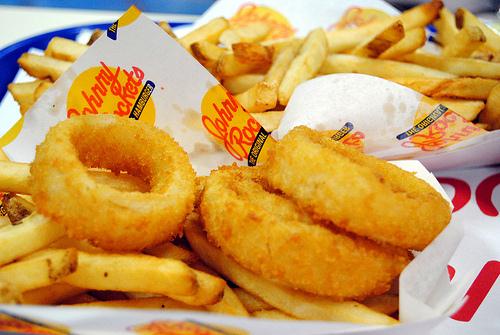
La salt is an essential mineral that allows the proper functioning of the body, however, too much salt can be harmful.
The human body is designed to get the salt you need from natural foods and, although sea salt is healthier, it is still salt that we do not need because plants provide us with adequate doses.
Consequences of consuming salt
Salt is directly related to high blood pressure; in populations where its inhabitants do not add salt to their food, adults do not suffer from this disease.
The recommended daily intake is 1000 mg, being that at present we consume an average of 3500 mg, which causes cardiovascular problems.
Excess salt causes fluid retention that accumulates in the circulatory system, putting pressure on blood vessels and increasing blood pressure due; This, in addition to causing the heart to work excessively, causes a kidney damage.
Other harmful effects caused by excess salt: asthma, stomach ulcers and cancer, osteoporosis and coronary heart disease.
Reduce your salt intake
The good news is that, if you decrease your salt intake, over time your taste buds will adapt and you will no longer require high doses of this mineral to find flavor in your meals.
However for this to be possible, you need to eliminate or reduce as much as possible all processed foods, for they invariably contain a large quantity of salt.
Tips
- Do not cook with salt, better add it at the moment since this way you will use smaller doses.
- Evita seasonings with high salt content such as ketchup, mustard, and soy sauce; substitute garlic, onion, spices, lemon, or vinegar.
- Read product labels and choose those that are low in sodium and make sure that your daily intake does not exceed 1500 mg.
what nonsense is here
In my country there is a person who assures that consuming one and a half liters of seawater per day makes him resistant to any disease. He assures that he has been consuming this water for 30 years and that he does not suffer from any disease.
Hi Hernan, you have to find out what components are in sea water and what components are in processed salt water made at home. In my opinion, studies say that there are many different things between one and the other. The processed salt that is white is the most dangerous and the salt taken from the sea without processing the one that is in grains is the one that does not cause diseases.
This information is very helpful, if it weren't thanks to what I heard today at my 16 years old, I would continue to consume excess salt, which was already an addiction for me. Thank you…
I can not stop eating salt as much in the food as outside of the food.
Thanks to the information, I usually eat a lot of salt and now I suffer the consequences, I get fatigued, my bones hurt, high blood pressure, but I try to eat a lot of garlic and that keeps me a little controlled.
Hi! I just read in another article that not eating so much salt is detrimental to health, affects the circulatory system, could cause heart attacks and vascular brain ... Is it true? I do not eat a lot of salt, I do not dress the salad or anything because it has made a habit, never made salt in my lunchbox haha help me ??